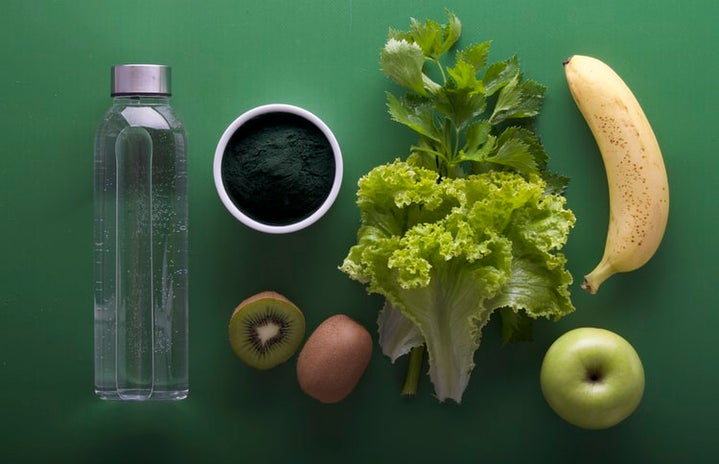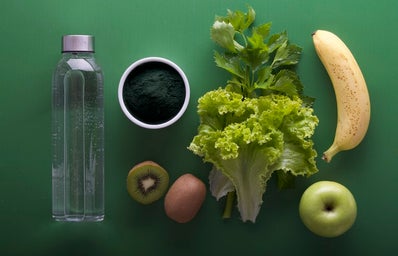Young women are attempting to dissociate food with moral values to untangle themselves from a web of pervasive diet culture. This practice, now referred to as food neutrality, works to lessen the shame or guilt associated with moderate consumption of what’s known as ‘junk’ food.
Registered dietician Raschelle Sabourin wrote about food neutrality for Nüton Blog.
“Have you ever said to yourself, ‘I was bad today; I ate cookies?’” asks Sabourin. “What you eat (or don’t eat) does not define the kind of a person you are. You are not a good or bad person for eating either cookies or an apple.”
Sabourin also notes that equating the moral value of all foods is not necessarily a denial of their varying nutritional values.
Consider soda and water, for instance. The two certainly have different nutritional values, but one is not better or worse in terms of moral value.
Some doctors worry about potential mixed messaging in this regard.
In his newsletter for Salisbury Pediatrics, Dr. Christopher Magryta expresses concern about trends normalizing food quality across the board.
Magryta says people must continue to acknowledge the reality of sugar as a factor in disease genesis. Acknowledging the lack of nutritional sameness in food is hardly akin to shaming, he says.
“To not address excess sugar consumption as a risk factor for so many diseases is like avoiding discussing cigarettes due to shaming the smoker,” says Magryta.
Katie Trussell, a family therapist, says she also is critical of dieticians who encourage clients with eating disorders to practise food neutrality. Trussell blogs about her experience as a person who has recovered from an eating disorder.
According to Trussell, “They [dieticians] give the patient microdoses of Cheese Whiz with the argument that Cheese Whiz is a neutral food and that the patient must heal their relationship to all food in order to heal their relationship to their bodies.”
Trussell says it is highly irresponsible to assume that all of today’s food is, in fact, neutral.
“Food is food but manufactured garbage doesn’t fall under that category and is in large part why we’re so sick,” she says.
There is a thin line between food neutrality and nutritional ignorance. To walk this line, dietetic specialist Rachel Fine recommends three ways to adopt neutrality responsibly.
1. Unlearn dichotomous messaging.
According to Fine, diet culture promotes a falsely dichotomous view of health. Consumers are encouraged to consider all products as either guilt-free or junk-food. For instance, rice cakes are frequently deemed the guilt-free alternative to bread.
Fine says journaling neutral food thoughts will help shift previously conditioned thoughts which suggest that items like bread have inherent moral badness, even in moderation.
Following Fine’s example, one may write: “Adding bread to my meal boosts my carbohydrate intake. Carbs are my body’s best fuel source!”
2. Give yourself judgement-free permission to eat.
If someone exercises judgement-free permission to eat, they remove conditions from their food or exercise choices. Instead of exercising to burn off this morning’s donut, they exercise to improve their general wellbeing.
3. Consider the whole value of your choices.
In addition to accounting for a meal’s nutritional value, one may consider its impact on mental and emotional health.
Recognize the comfort you feel from your favourite childhood snack. Notice the caringness which accompanies preparing and receiving homemade meals.
“Use food to honour all facets of life, including your nostalgic memories, new experiences, pleasures, joys, comforts, and so forth,” says Fine.
Of course, food neutrality is not the only way to cultivate a healthier relationship with food. If you are affected by disordered eating or related concerns, the National Eating Disorder Information Centre offers support via live chat and toll-free helplines.

